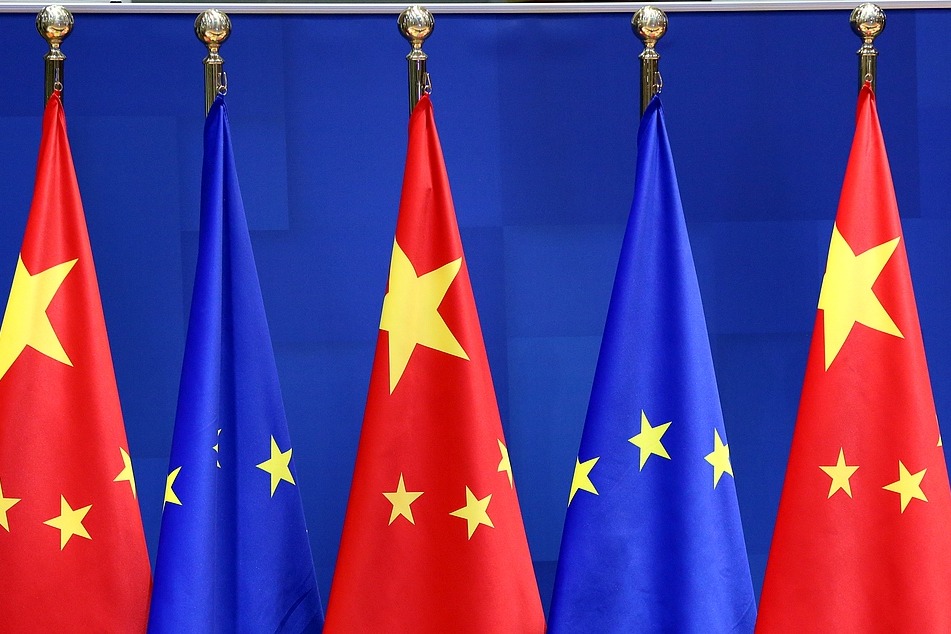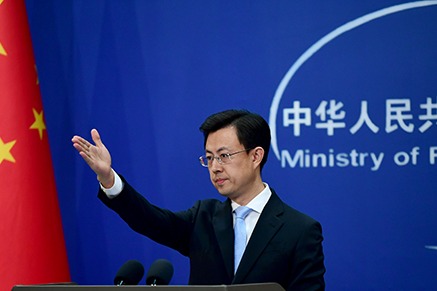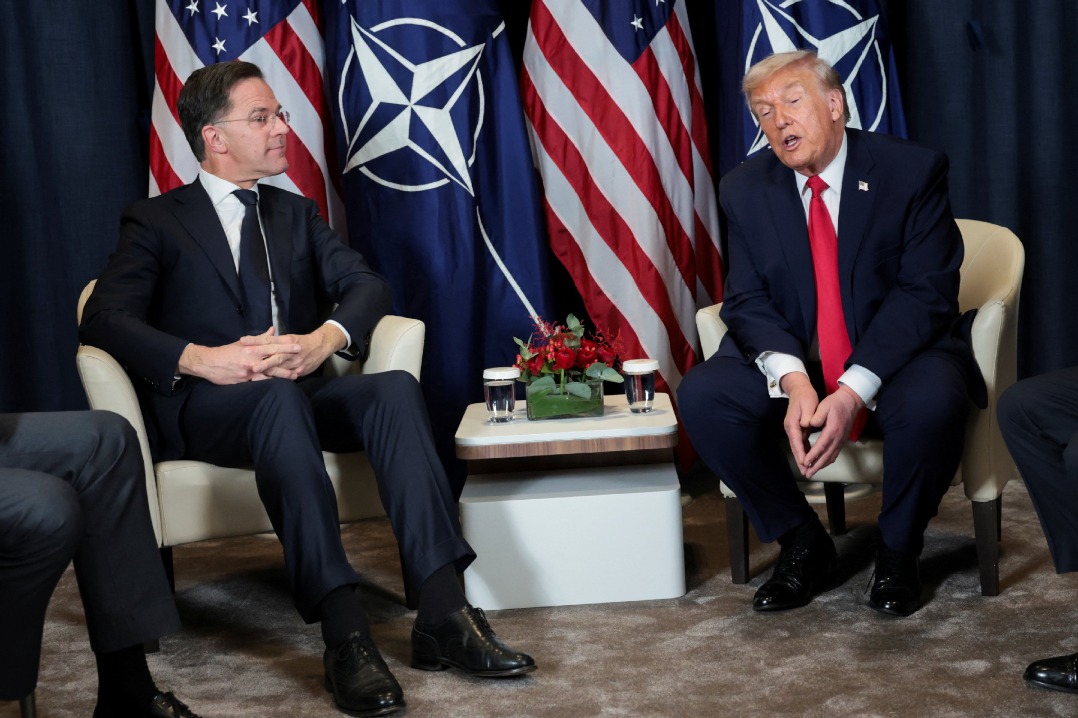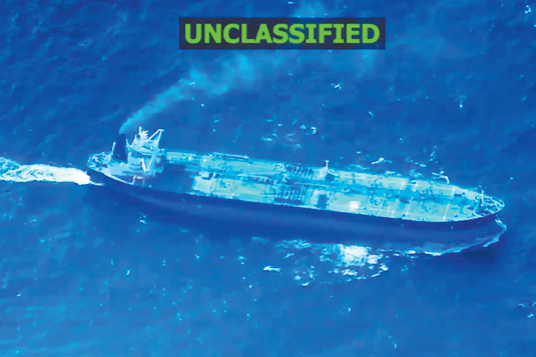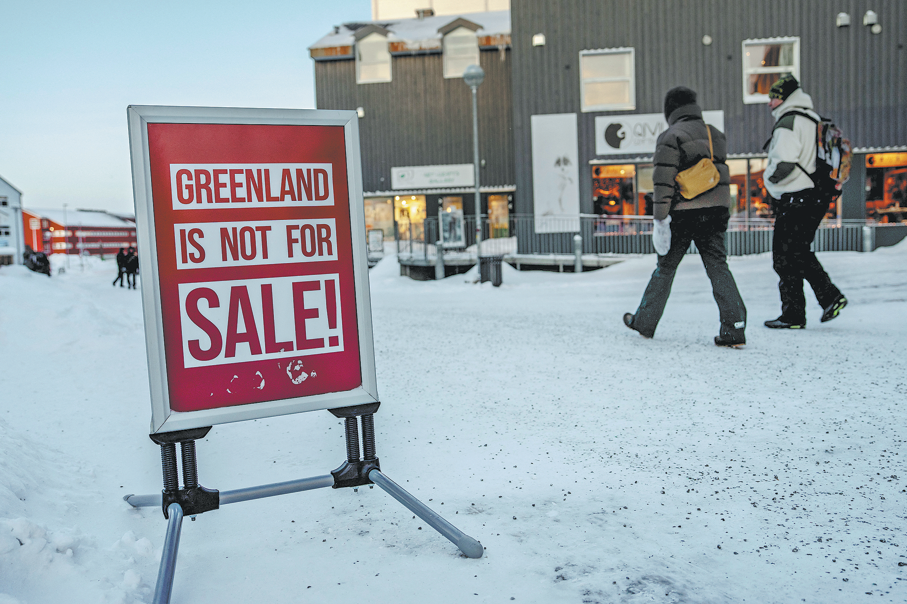Challenged at home, Merkel seeks emergency EU meeting on migration

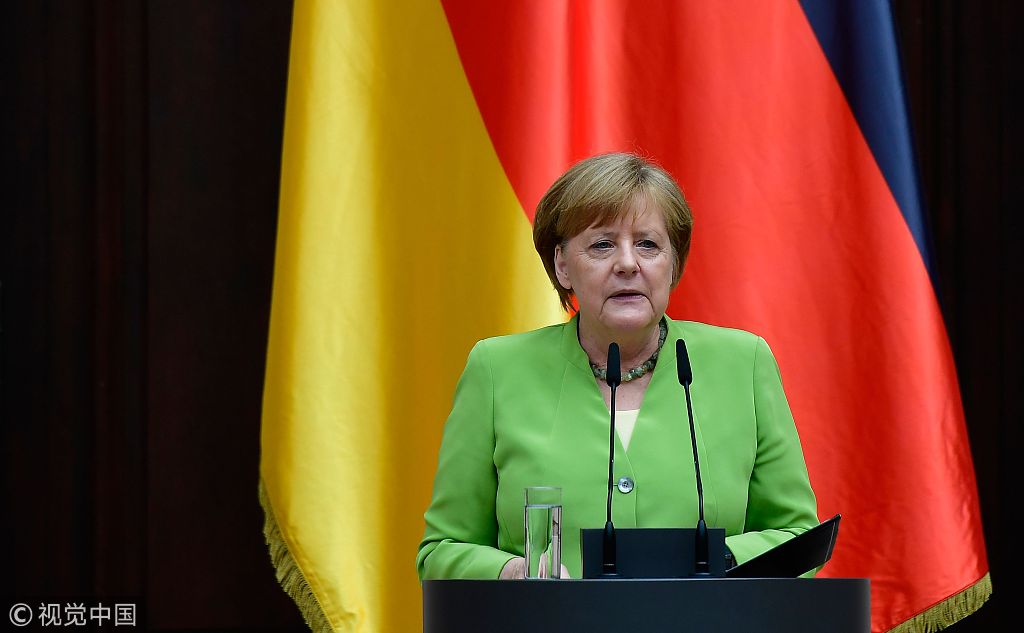
BRUSSELS - German Chancellor Angela Merkel will try on Sunday to persuade other EU leaders to further curb immigration and restrict movement of asylum seekers within the European Union, to help keep her ruling coalition from crumbling at home.
All 28 European states are unlikely to fulfill at their June 28-29 meeting the demand of Merkel's coalition partner for a bloc-wide plan to spread the burden of hosting asylum seekers more widely across the EU.
Merkel hence pushed for an emergency meeting this Sunday with leaders from nine other countries - including the major arrival states Italy and Greece, as well as France, Austria, Bulgaria, the Netherlands and others.
Poland, the Czech Republic and Hungary, which have refused to back plans to share out asylum seekers more evenly, will not attend Sunday's meeting. But Merkel is hoping a commitment by the states that do attend to do more to limit travel by asylum seekers within the bloc will help placate her coalition partners, the Christian Social Union (CSU).
"We see a strong need to significantly reduce secondary movements... by preventing unlawful crossing of internal borders between Member States by irregular migrants and asylum seekers and by ensuring swift readmissions by the competent Member State," said a draft of the statement for Sunday's meeting.
Asylum seekers already do not have the right to travel freely within the EU while their applications are being processed. But such "secondary movements" are difficult to stop in the border-free Schengen zone, and have been widespread since immigration to Europe peaked in 2015, when more than a million people arrived from the Middle East and Africa.
Immigration figures are now much lower, with only 41,000 sea arrivals so far this year, according to UN data. A sea route to Greece used by hundreds of thousands in 2015 was shut in 2016 by an agreement between the EU and Turkey, and the other main route across the Mediterranean from Libya to Italy has also tapered as Libyan factions cracked down on people-smuggling.
But Merkel is still under new pressure to obtain more commitments from other states. Her coalition partner, the CSU from the southern German state of Bavaria, has said it would bar from Germany all asylum-seekers registered in other EU states unless a summit of all EU leaders on June 28-29 agrees a bloc-wide deal to share them out evenly.
Merkel's stand-off with the CSU party leader, Germany's Interior Minister Horst Seehofer, has threatened the stability of her government. It has also brought back the issue of migration to the top of the EU's political agenda.
Reuters

















